The Sustainability Network |
Tennessee Creates a Circular Economy Around Composting
With more than 300 food related industries in Tennessee, waste management can be a considerable – and costly – challenge. Composting agricultural byproducts can be a cost-effective, sustainable solution that takes production waste out of landfills and puts it back into the soil.
The Compost Company in Ashland City, Tenn., is turning organic waste products into a high-yield compost material for farmers, landscapers, and gardeners.
Ed Wansing, founder and COO, along with company president Clay Ezell, owns and operates The Compost Company LLC. Operating a large composting facility can appear deceptively simple, but, “There’s more to the recipe than just dumping organics on the ground,” said Ezell. “The mix is really important. We take great care to mix the proper amounts of carbon and nitrogen so that it breaks down quickly, with little odor, and becomes the best natural fertilizer it can be.”
The temperature of the compost is also very important, and is partially dependent upon the mixture of materials in the compost. While using a probe to measure the temperature of the steaming piles of compost, Ezell added that, “Sight, smell, and consistency are our primary metrics.” Proper temperature, as well as the correct ratio of carbon to nitrogen, guarantees that those three metrics remain correct, and that the compost does not smell bad.
Customers of The Compost Company include Caterpillar, US Smokeless and Organix, a vendor to Wal-Mart. Nashville’s new Music City Center, which has its own sustainability management plan, provides feedstock to The Compost Company, as well, which includes food prep waste, compostable plates, box lunches, and paper towels and napkins.
The bulk of The Compost Company’s customers includes farmers, landscapers, and gardeners, “but there have been some surprises as well,” adds Wansing. “The most unusual use of our product was by a pet food facility for a bio-filter. They built the bio-filter to clean the air before discharge from the facility (to minimize odor).” The Compost Company has also sold compost for use in several rain gardens that filter stormwater runoff from parking lots before it enters the watershed.


